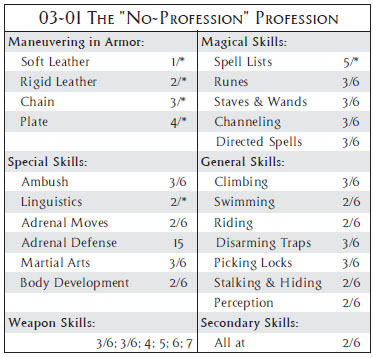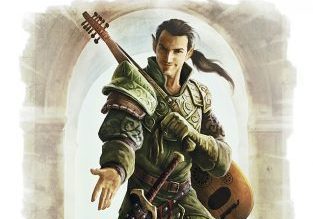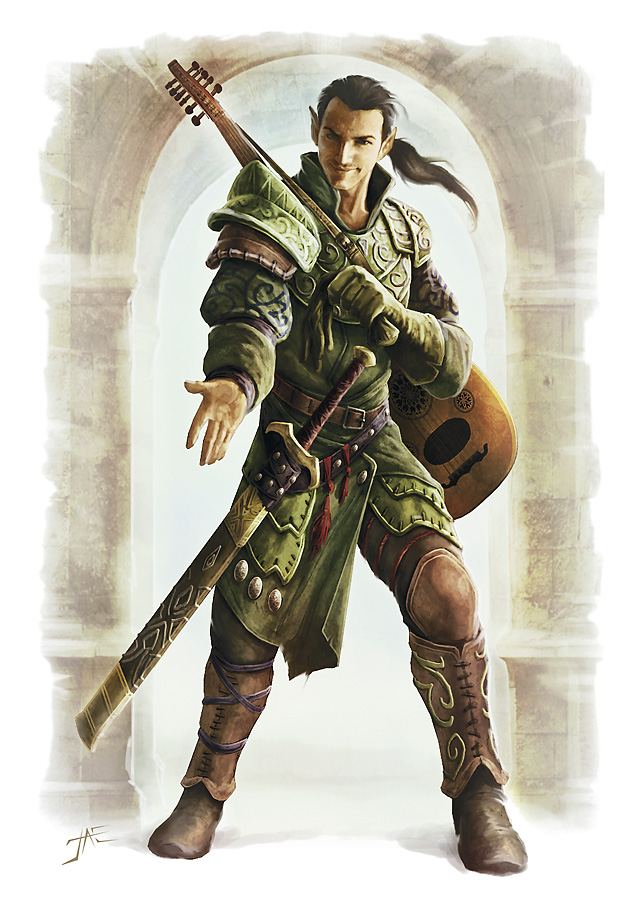
While the Astrologer has not been included in RMu, it does hold an interesting place in the minds of Rolemaster players. What was the point of the Astrologer? Is the profession even a useful PC? Why are the base lists so sparse? I decided to ask Terry if he could remember anything about the origins of the Astrologer from the early gaming days in Charlottesville. It’s been 40 years, but he did have this to say:
“It was included partly for the spell-user realm symmetry (we needed a hybrid mentalist/Channeling?) I never played one; I think they are better suited as NPCs.“
That’s interesting and re-affirms my thinking that some of the original RM professions were probably never gamed extensively. (Not dis-similar to the new RMu Delver). Nonetheless, the Astrologer is a profession in RM and I’ve had a few thoughts about it recently:
- Astrology implies a game setting that supports the concept. Sure, the Astrology spells are mostly replicated in other spell lists, but the conceit itself relies upon some systems around the sun, moon, stars or “heavenly” bodies. Does that work in all settings? Probably not. Does it work in Shadow World. Yes!
- Many of the Astrology spells are divination based. That can create challenges for the GM in terms of predicting future events. The more vague the information (for instance through “Dreams”) the easier, but specific info about the future may require the GM to funnel the gameplay to meet a desired, predicted outcome.
- The Astrology base lists need work. I addressed some of that in my blog below.
Conceptually what is an Astrologer? For me, the Profession invokes ancient magic, star-cults, sun based worship or Zoroastrian magic rather than “horoscopic” mumbo jumbo. The Zorastrians were seen as a priesthood and called Magus or Magi, so it was a combination of religion and magic. In Rolemaster, Astrologers are Channeling/Mentalism hybrids, but you could make the argument for Channeling/Essence given their “star-fire” powers.
The Astrologer was a prominent feature in early MERP products and shown in color coded city maps using red fill with a question mark for Seer/Astrologer. Clearly, Peter & Co. saw a need for Diviners in their early campaigns even if those professions were left out of the MERP ruleset. As an NPC, the Profession adds an air of mystery and exoticism and would be a useful resource on occasion. As PC, it’s not clear that the Astrologer would be that effective.
In other “Profession Review” blogs I offer up more specific spell lists and remedies that I think would fix or focus a profession. With the Astrologer, I have some ideas but the verdict is still out. Here are a few thoughts:
- Combine the Seer & Astrologer Profession. They both have a divination aspect and consolidating the base spells lists would tighten up the spell abilities.
- Tie the spell lists into some type of astrological mechanism. For instance, why not have some spell lists tied to the Sun that can only be used from Dawn to Dusk, others that can only be used at night under starlight and a list that can only be used when the Moon is full. (see next item).
- I haven’t reviewed the Moon Mage in a while, but Astrology includes the “Sun, Moon and Stars”. Why not roll the useful and usable MM spell lists into a fleshed out Astrologer. Moon Mage is a goofy name anyway.
- In conjunction with #2 & #3, an Astrologer could be an interesting Profession using Shadow World. With 2 prominent moons (Orhan and Charon) that are the home of the Gods, and other planets in the Solar System, there is a basis for building the Profession around orbital mechanics. I’ve already experimented with Essaence cycles and lunar orbits in Chapter 3. It might be cool to develop unique spell lists for different moons, planets and the sun that only work during portions of their orbit in relation to Kulthea.
- Currently, I use Astrologers as a subset of the Phaon clergy. They act as Priest-Astronomers and justified their use of Sun-Fire spells. I think using Astrologers as Priests of Phaon in Shadow World, or Priests of a “Sun God” in other settings makes sense.
So just a few thoughts on the Astrologer. Has anybody played one as a PC?






